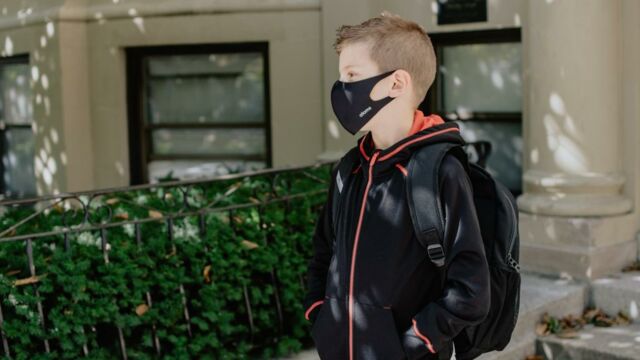The fraudulent letters are being presented as a consent form with a checklist of misleading facts about vaccines.
Discover our latest podcast
Fake NHS letters
The attempt at dissuading parents comes as the vaccination for those between the ages of 12 and 15-year-olds has become recently available in the UK. The letter in question claims that vaccines are responsible for 'strokes, blindness, deafness, clotting, miscarriages, anaphylaxis and cardiovascular disorders.'
School leaders have since urged teachers not to redistribute the letters, as more confusion regarding jab efficacy will only increase the spread of the virus and the need for hospitalisation. A spokeswoman for the Department of Health and Social Care said:
Misinformation about the vaccine is dangerous and costs lives. We are continuing to do everything we can, working with local authorities and our NHS, to counter the spread of untruths with public information that is grounded in science and facts.
Lack of information for the younger
The news of fake letters being sent out to schools comes as studies have shown that younger children are less inclined to receive the vaccine than teenagers nearing adulthood. Researches from UCL and the universities of Oxford and Cambridge found that 36% of nine-year-olds and 51% of 13-year-olds are willing to be vaccinated, compared to 78% of 17-year-olds.
The survey, which looked into children's outlook on coronavirus vaccines, sampled primary and secondary school students in England specifically. Researchers also found that children from underprivileged backgrounds, and as a result, less access to information, were less likely to want to get jabbed. Sir Andrew Pollard, a professor of paediatric infection and immunity at the University of Oxford, explained that:
This study is immensely important as its highlighting that there is some indecision particularly in the younger teenagers. We’ve missed this really important group in making sure they have access to information.
And added:
I guess that may well be because, rightly, our focus over the last year has been on adults where the highest rates of disease are.















